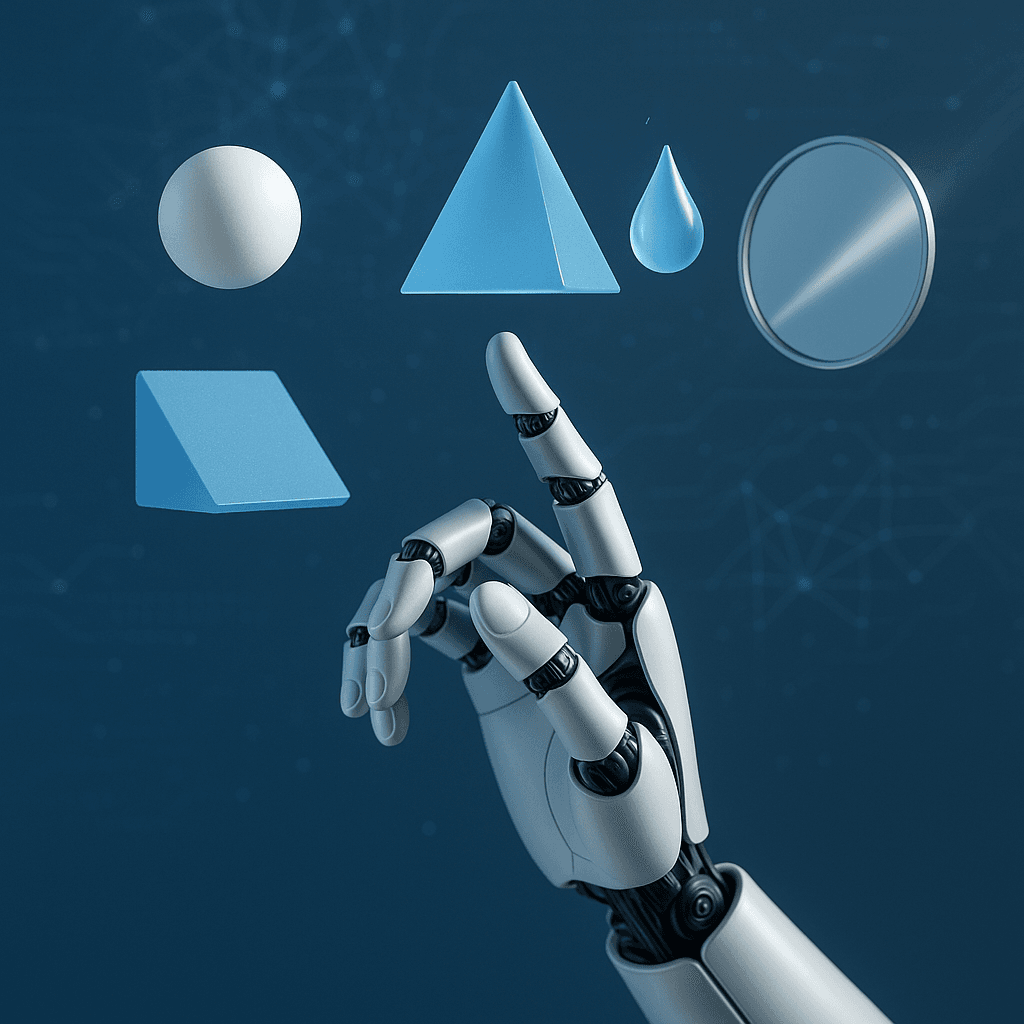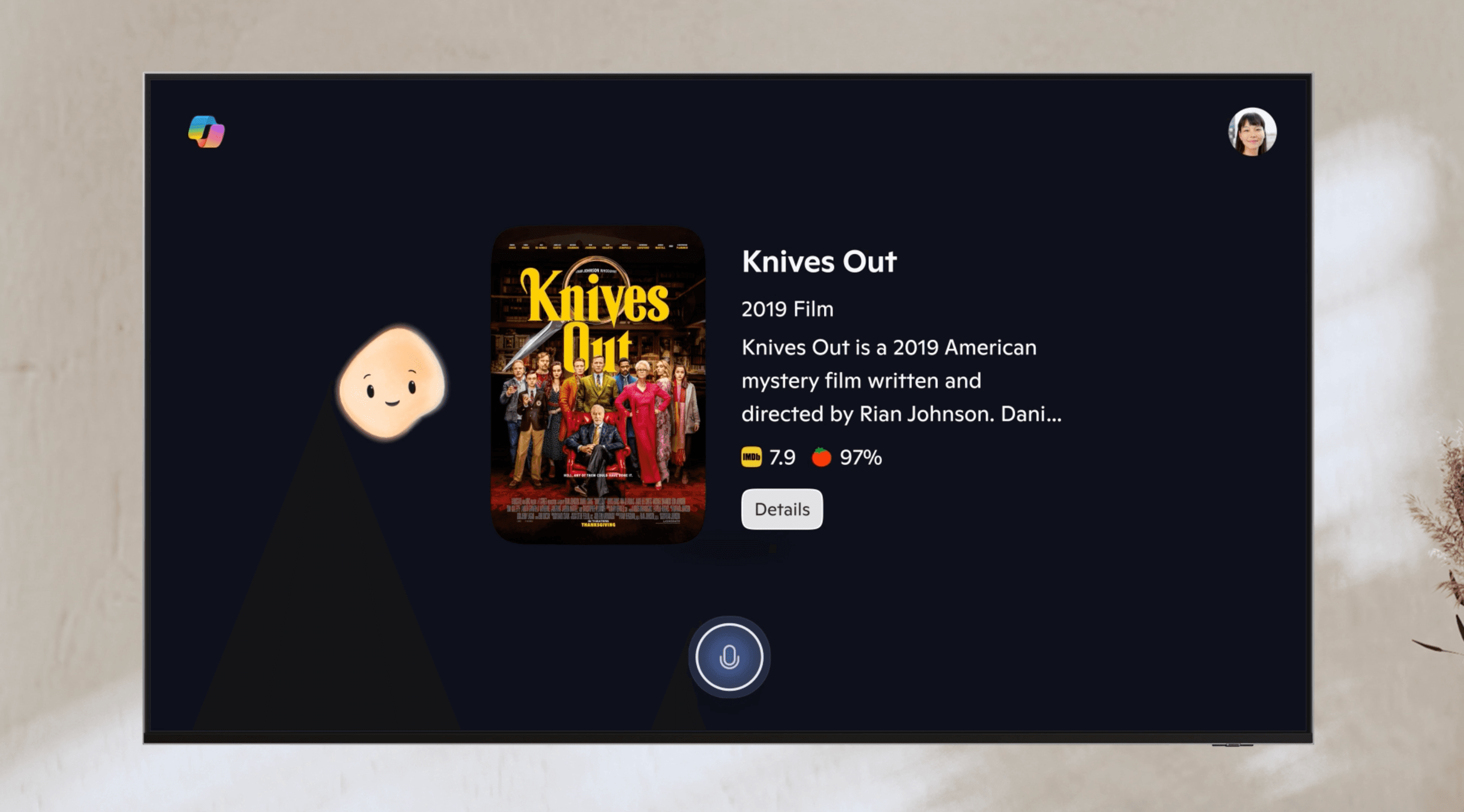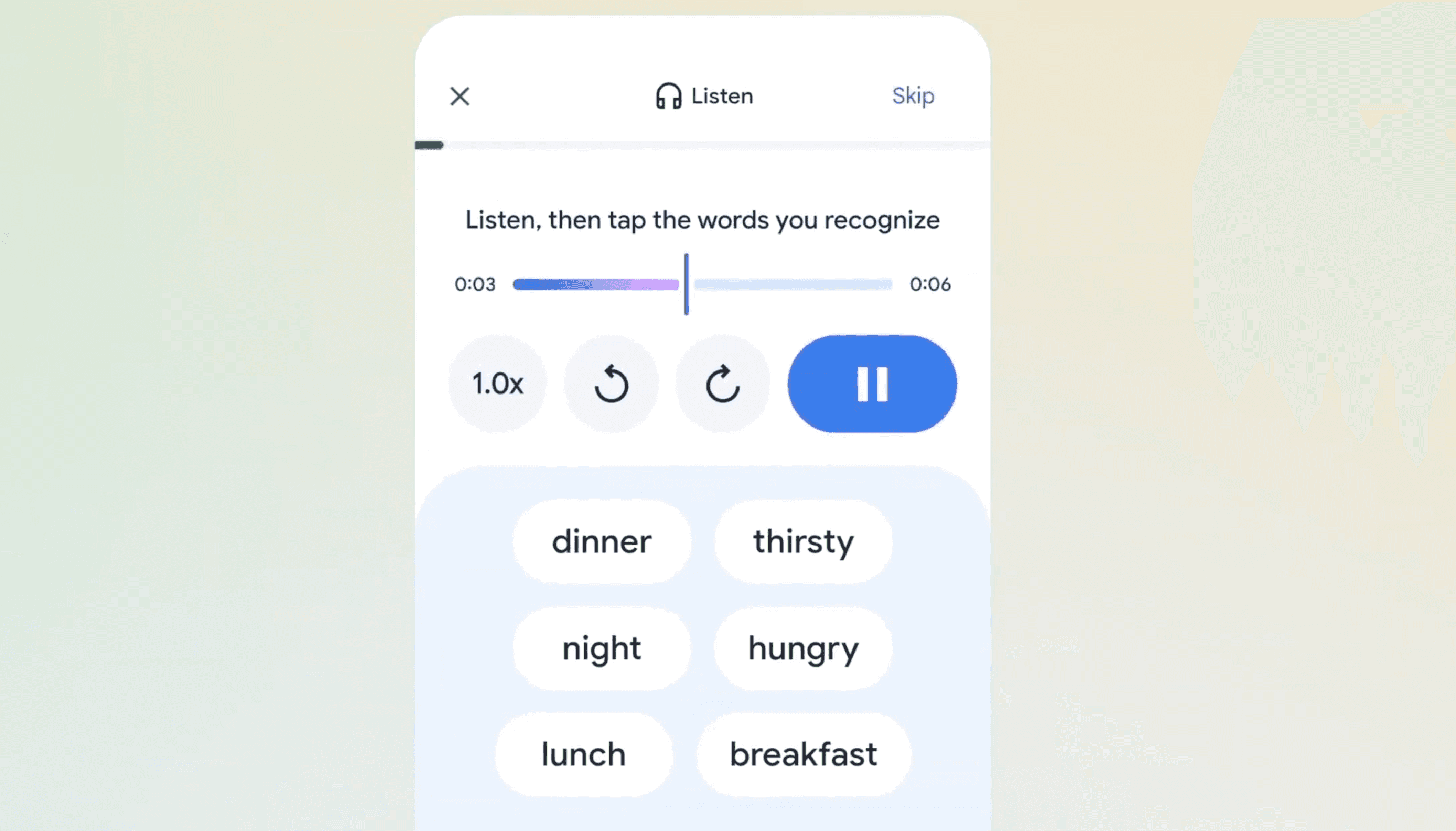Alphabet just made its starkest AI bet yet, completely shuttering the medical device operations at its life sciences arm Verily. The move eliminates an entire business unit that once promised to revolutionize healthcare hardware, signaling how dramatically the company is reallocating resources toward artificial intelligence infrastructure.
Alphabet just delivered the most dramatic signal yet of how completely AI has reshuffled Silicon Valley's priorities. The company's life sciences arm Verily eliminated its entire medical device program Monday, laying off staff and shuttering hardware operations that once aimed to revolutionize healthcare technology. CEO Stephen Gillett broke the news to employees in an internal memo, telling staff that Verily's "path forward requires difficult decisions" as the company refocuses entirely on AI and data infrastructure, according to Business Insider's reporting. The shutdown represents a stunning about-face for a division that Google launched in 2015 with ambitious plans to develop everything from glucose-monitoring contact lenses to surgical robots. "Over the years, Verily has built a legacy in developing world-class, innovative medical devices," Gillett wrote in the memo, acknowledging the unit's past achievements while making clear that hardware no longer fits the company's AI-centric future. The move continues Alphabet's increasingly aggressive campaign to reallocate resources toward artificial intelligence while cutting costs everywhere else. The tech giant has conducted multiple rounds of layoffs since early 2023, including 12,000 job cuts in January of that year—representing 6% of its total workforce—and additional reductions to its HR and cloud units as recently as February. The timing is no coincidence. That same January 2023 period when Alphabet began its major layoffs also marked when OpenAI's ChatGPT became the fastest-growing consumer software application in history, gaining over 100 million users in just two months and triggering the generative AI boom that now dominates tech industry priorities. What makes Verily's closure particularly striking is how it reflects the stark binary choice Big Tech companies now face: go all-in on AI or risk falling behind. While competitors like Meta and Microsoft have pivoted existing products toward AI integration, is taking the more dramatic step of completely eliminating non-AI business lines. The healthcare device market that Verily is abandoning remains massive and growing. Global medical device revenues are expected to reach $671 billion by 2025, according to industry analysts, making exit all the more notable. The company is essentially betting that AI infrastructure and software will generate higher returns than physical healthcare products. Industry insiders say the Verily shutdown reflects a broader reality across Silicon Valley: companies can no longer afford to spread resources across multiple ambitious moonshot projects when AI development requires such intensive capital allocation. CEO Sundar Pichai has repeatedly emphasized that AI represents the company's most important investment priority, even as it means sacrificing other potentially valuable initiatives. For healthcare technology, Verily's exit removes a major well-funded player from the medical device space, potentially creating opportunities for smaller competitors and startups. However, it also signals that even vast resources have limits when it comes to pursuing multiple cutting-edge technology fronts simultaneously. The strategic pivot also raises questions about other "Other Bets" divisions, including autonomous vehicle unit Waymo and life extension company Calico. While these units continue operating, Verily's shutdown demonstrates that no division is immune from elimination if it doesn't align with the company's AI-first strategy.












